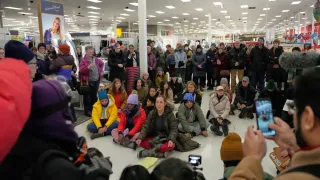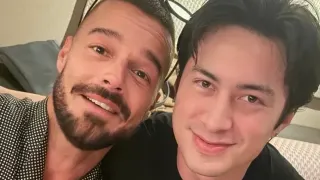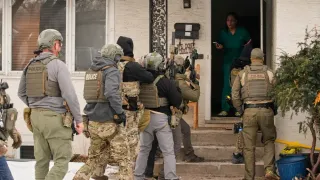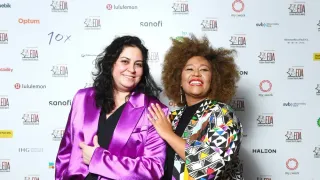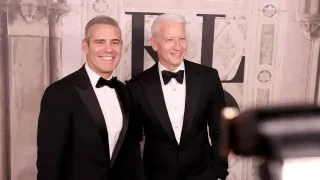September 12, 2020
Oops! Chris Evans Accidentally Reveals Penis Pic on His Phone
READ TIME: 1 MIN.
Chris Evans is turning heads Saturday after sharing – and then deleting – an innocuous video to his Instagram Stories in which his iPhone camera roll is seen – as is a pic of a penis.
Who's penis it is speculation, but the Twittersphere thinks that it is the actor's.
"The Captain America star was playing a game of "Heads Up" and shared the video with his 5.7 million followers without trimming the clip, which then revealed a gallery of videos and pictures, including one which featured a photo of an erect penis," writes Heavy.com.
He deleted it immediately, but in the lightning-fast world of social media, it was too late: it was already shared by many. And reaction set in, with some on Twitter making snarky comments while others saying to let it go. Here's a sample:
Earlier this summer, the Daily Mail reported that Evans was said to be dating British actress Lily James after they were seen together in London.
